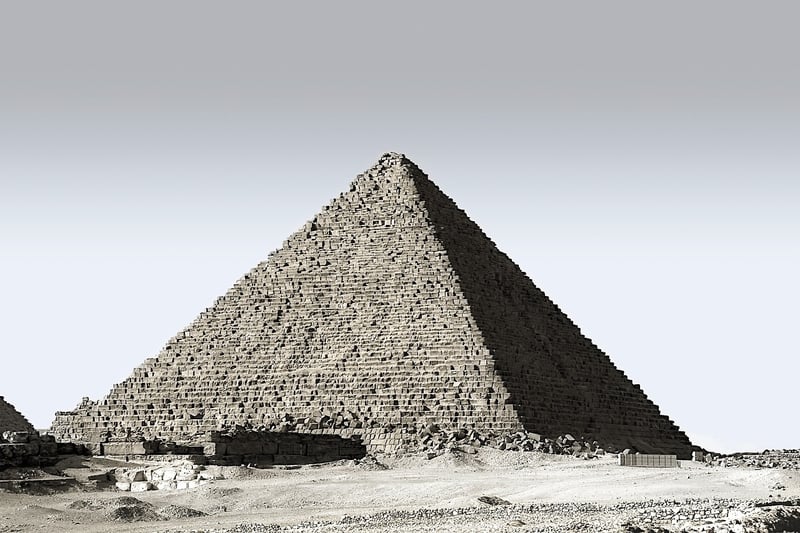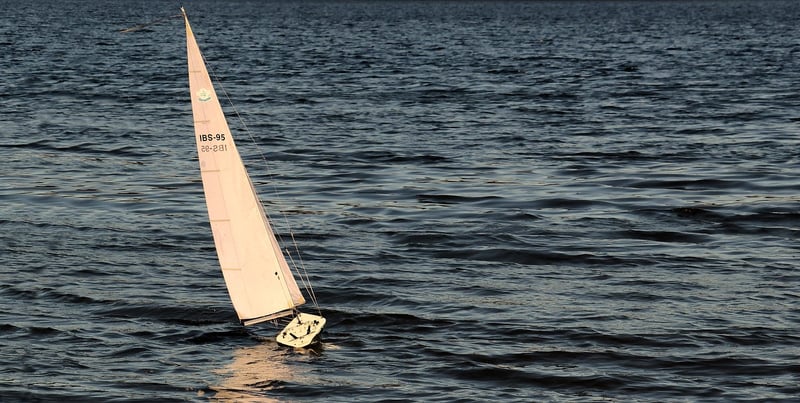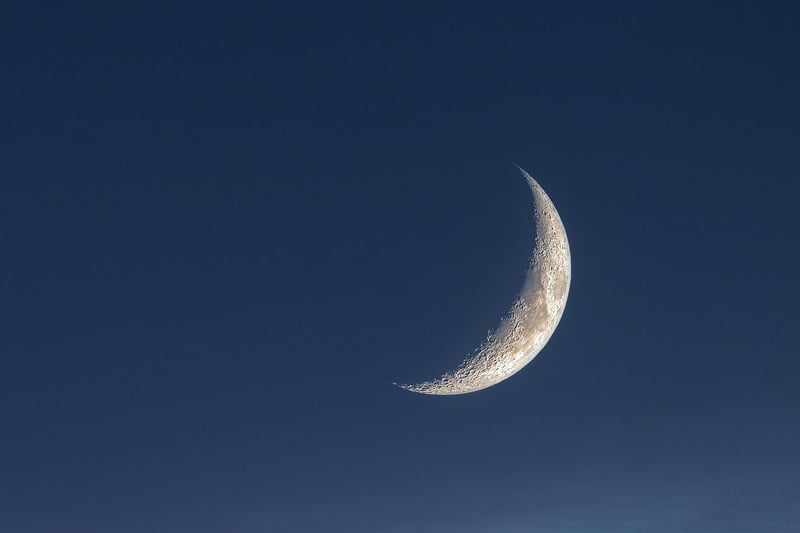Future Exploration
Exploring Different Eras and Future Exploration
Introduction
Exploring different historical eras is a fascinating journey that allows us to delve into the past and gain a deeper understanding of our roots. At the same time, looking ahead to future exploration opens up a world of possibilities and advancements. Let's take a closer look at the various eras of exploration and what the future holds for exploration.
Ancient Exploration
Ancient civilizations such as the Egyptians, Greeks, and Romans were pioneers in exploration. They sailed vast oceans, mapped new territories, and traded with distant lands, expanding their knowledge of the world.

Age of Discovery
The Age of Discovery in the 15th to 17th centuries saw European explorers like Christopher Columbus, Vasco da Gama, and Ferdinand Magellan embark on voyages to find new trade routes and lands. This era led to the globalization of cultures and the exchange of goods.

Space Exploration
In the 20th century, humanity ventured beyond Earth's boundaries with space exploration. Milestones like the Apollo moon landings, the International Space Station, and Mars rovers have expanded our understanding of the universe and our place in it.

Future Exploration
The future of exploration holds exciting prospects, including missions to Mars, deep-sea exploration, and advancements in artificial intelligence for research. Technologies like virtual reality and robotics will revolutionize how we explore new frontiers.

Conclusion
Exploration has always been a driving force for human progress, pushing boundaries and expanding our horizons. By learning from the past and embracing future possibilities, we can continue to explore, discover, and innovate for generations to come.
Let's keep looking up and moving forward towards new adventures!
